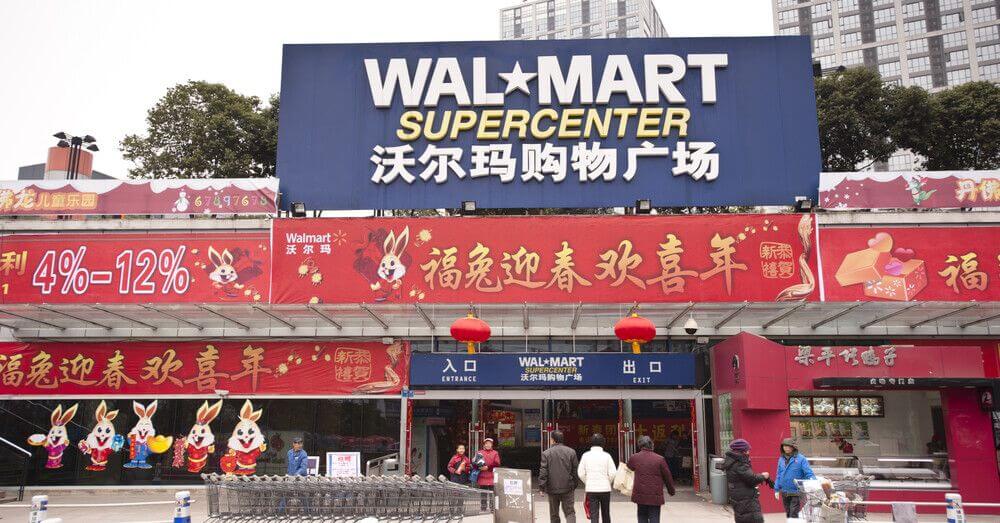
Sam’s Club and VeChain are collaborating over the development of a service that can trace food products
A China-based subsidiary of Walmart called Sam’s Club has partnered with VeChain, a blockchain-based supply chain management platform. They will be collaborating on the development of a service that can trace food products sold by the shopping chain.
PricewaterhouseCoopers (PwC) will be supporting the venture, which is called the Sam’s Club Blockchain Traceability Platform project. It is intended to ensure food safety and provide greater transparency for consumers in China.
Since 2019, Walmart China and PwC China have been collaborating over the development of a traceability platform on the VeChain blockchain.
Sam’s Club is an upscale membership-only shopping chain with 26 outlets in China. It has an estimated customer base of more than 2.5 million people. The shopping chain is expected to launch 15 to 20 new outlets before the end of 2022.
The shopping entity is working on a modified version of VeChain’s ToolChain platform with software sensors, hardware sensors and Internet of Things (IoT) technologies in order to seamlessly upload data from anywhere on the company’s supply chain onto the blockchain.
This allows customers to easily access detailed information on the origin of products in-store by scanning the QR codes printed on the packaging of all Sam’s Club’s goods.
On Tuesday, VeChain released an announcement noting how Sam’s Club recently expanded its range of premium foods. This included imported meat, seafood, dry goods and wine.
“All traced products are subjected to continuous and strict safety tracking and sampling inspection, so as to ensure that consumers buy high-end food from the source to the shelf is safe and traceable.” the post read.
It also highlighted the need for data transparency when it came to ensuring food quality and safety — especially in the midst of the coronavirus pandemic.
“Mass consumption and high-end consumption coexist in the food industry, and there are long-term pain points in fresh food transportation, product selection, and product information transparency and visibility.” it continued.
Lu Yang, the CEO of VeChain, emphasised the importance of pairing the right technologies with modern goods and services.
“The combination of standardized products and customized tools is the future trend of breaking the barriers of blockchain technology and commercial applications,” he said.
In November 2019, VeChain released ‘Foodgates’, a tracking system based on the blockchain that is designed for the food and beverage industry.

